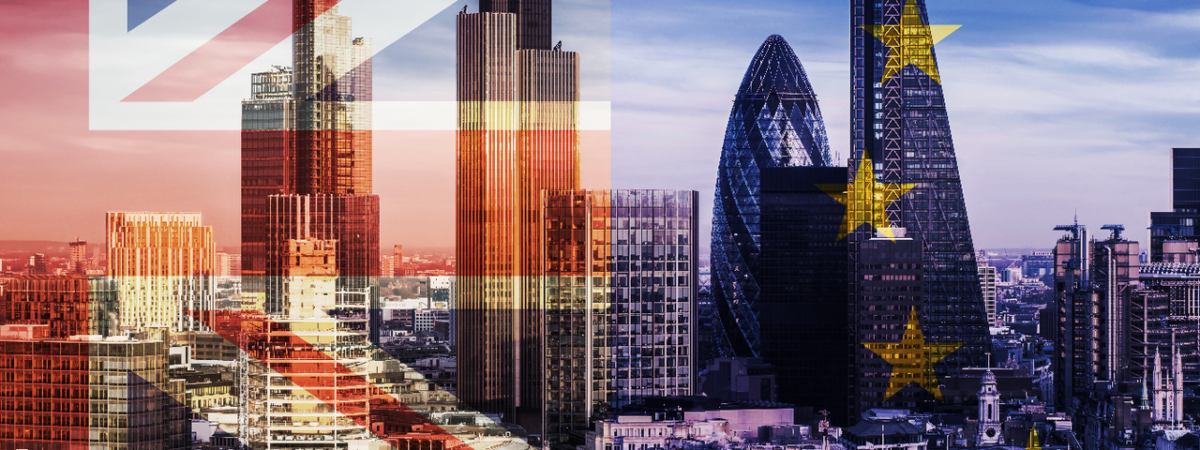The Newman/Peterson interview was symptomatic of the biases of public service broadcasters
SUGGESTED



But his influence now stems from much more than his own Youtube lectures or published works.
Upwards of 4.6m people have watched his recent half-hour interview with Channel 4’s Cathy Newman, in which Peterson expertly dissects a range of trendy conventional wisdoms in an extensive discussion.
But aside from Peterson’s actual arguments about the gender pay gap or equality of outcome, the interview seems to have been consequential on another level – it is forcing broadcast journalists to reconsider their interview techniques and inherent biases.
Newman consistently asserted viewpoints onto Peterson that he did not hold, oversimplified his arguments, sought to put words into his mouth, and bluntly restated some of his conclusions absent context or nuance.
This became obvious not because it was unusual behaviour for interviewers, but because Peterson himself is so articulate, careful with words, and quick-on-his-feet. His calm responses exposed an attitude among broadcasters that is sadly common.
Newman has since become the unlucky fall-guy for a type of bias you see a lot, when interviewers seem to have some caricatured preconceived notion of what their guest really believes.
Conservatives and libertarians who regularly appear on TV will recognise this. It manifests itself in small, subtle biases during interviews – everything from alluding to ulterior reasons for your viewpoints, through to differences in how you are presented as a person.
Let me give you some examples.
First, there’s the use of “health warnings”. People who believe that the government should be spending less money, or that economic equality should not be a collective aim, or a host of other opinions not shared by the majority of broadcast journalists are labelled before they even get a chance to speak.
In many cases, these introductory labels may even be accurate, but they are certainly not applied symmetrically.
My own research found that, on the BBC between 2010 and 2015, the four main think tanks that advocate for free-market policies were often given ideological warning labels, including “free-market”, “centre–right”, and “right-wing” (the Institute of Economic Affairs 22.1 per cent of the time, the Centre for Policy Studies 30.3 per cent, Policy Exchange 41.7 per cent, and the Adam Smith Institute 59.5 per cent).
In contrast, the New Economics Foundation, probably the most left-leaning policy think tank in the country, was only once described as a “sustainability” think tank. Others such as Demos and the IPPR see labels attached far less frequently.
Then there’s bias by selection. Certain viewpoints from certain spokespeople are just not heard on the media.
During my time at the Institute of Economic Affairs, we published extensively on immigration and poverty. Yet I could count on one hand the number of broadcast media interview requests we received for them, despite both being pre-eminent policy discussions of the past seven years.
In contrast, we were regularly asked on to debate inequality or arts funding, on which we had published little. It was difficult not to conclude that producers in broadcast assumed that proponents of small government would not care about migrants or the poor.
But it is perhaps the onscreen biases that Peterson experienced that are the most pernicious.
The constant interruptions so the guest cannot make a thorough argument, the cut-downs of interviews to soundbites that play to the caricature of their views, the questioning of their motives, or – worse – the type of nonsensical over-simplification of the views Peterson experienced.
This is not just a UK phenomenon. Academic economist Tim Groseclose’s work on US broadcast media (excluding Fox, of course) has shown consistent biases to the left across a number of metrics. And we should not be surprised.
Most journalists are socially liberal, and economically social democrat. When you have to decide what stories to choose, which interviewees to select, and how to interview them, it’s inevitable that your own priors slip through. The beauty of Peterson’s interview with Newman is that it exposed how this happens.
It is too much to ask for every interviewer to be as effective as the BBC’s Andrew Neil, forensically asking questions from a range of political viewpoints.
But if the Peterson interview leads to more broadcast journalists checking their priors, and engaging with what their interviewees actually say rather than a preconceived idea of what they think, then he will have done a great public service indeed.
This article was first published in City AM.
- Recommended reading: ‘In focus. The case for privatising the BBC’, edited by Philip Booth
2 thoughts on “The Newman/Peterson interview was symptomatic of the biases of public service broadcasters”
Comments are closed.





If most journalists are socially liberal please explain the rigid right wing press that exists here in the UK.
Thank you
Many people like myself believe the BBC should be renamed BBBC ‘Bias British Broadcasting Corporation!! We can’t watch BBC news anymore as it never ever represents both sides of the story